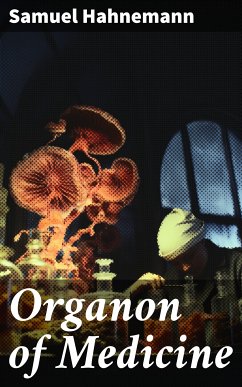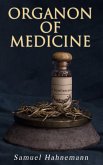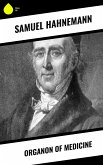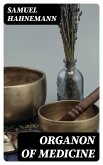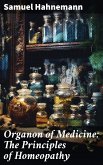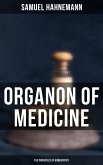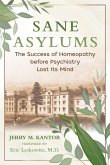In "Organon of Medicine," Samuel Hahnemann lays the foundational principles of homeopathy, meticulously articulating a medical philosophy that advocates for a holistic approach to healing. Written with precision and clarity, the text is structured around a series of aphorisms that reflect both Hahnemann's scientific rigor and his profound empathy for patients. This seminal work emerged during the late 18th and early 19th centuries, a period marked by burgeoning medical advancements and a growing disenchantment with conventional medical practices, thereby situating Hahnemann'Äôs ideas within a critical context of medical reform and innovation. Samuel Hahnemann (1755-1843), a German physician and chemist, sought to address the limitations of contemporary medicine, which often relied on aggressive treatments and invasive procedures. His extensive personal experiences with illness and the failures of traditional treatments informed his pursuit of an alternative that emphasized the body's intrinsic healing capabilities. Hahnemann's rigorous experimentation with various substances underpinned his development of homeopathy, reflecting his commitment to empirical inquiry and patient-centered care. "Organon of Medicine" is essential reading for anyone interested in alternative medicine, providing invaluable insights into patient treatment and the philosophical underpinnings of a holistic approach. Hahnemann'Äôs work is not only a manual for practitioners but also a compelling argument for the paradigm shift towards individualized medicine, making it indispensable for modern health care professionals and enthusiasts alike.
Dieser Download kann aus rechtlichen Gründen nur mit Rechnungsadresse in A, B, BG, CY, CZ, D, DK, EW, E, FIN, F, GR, H, IRL, I, LT, L, LR, M, NL, PL, P, R, S, SLO, SK ausgeliefert werden.
Hinweis: Dieser Artikel kann nur an eine deutsche Lieferadresse ausgeliefert werden.

